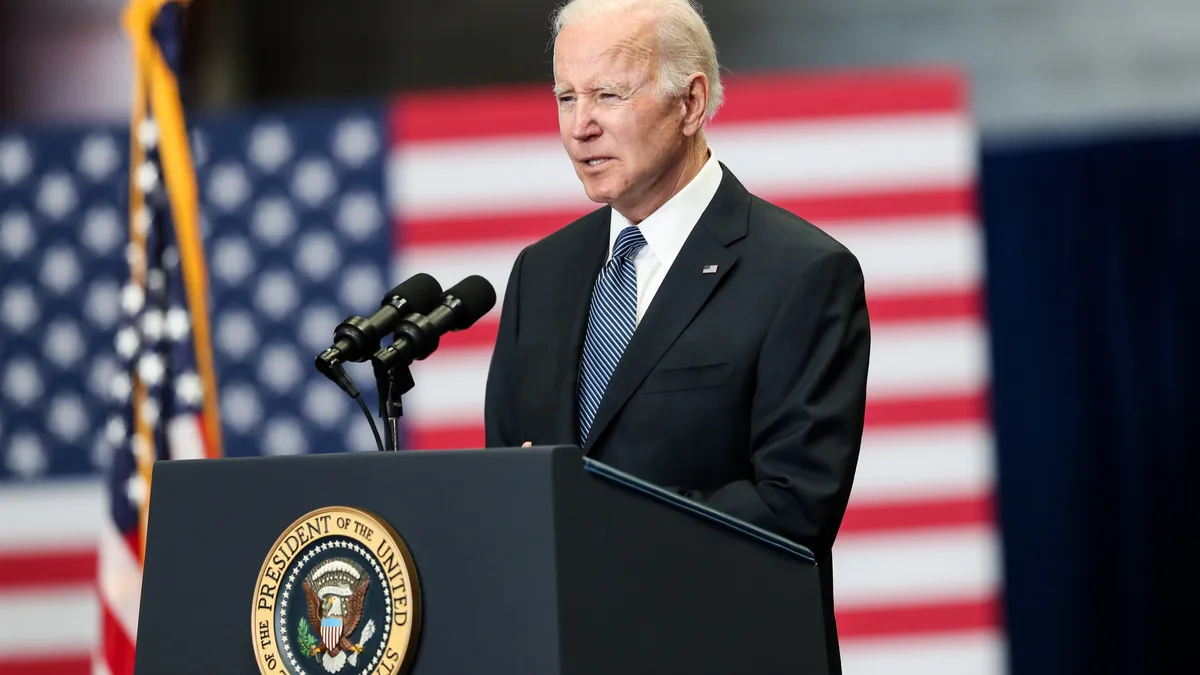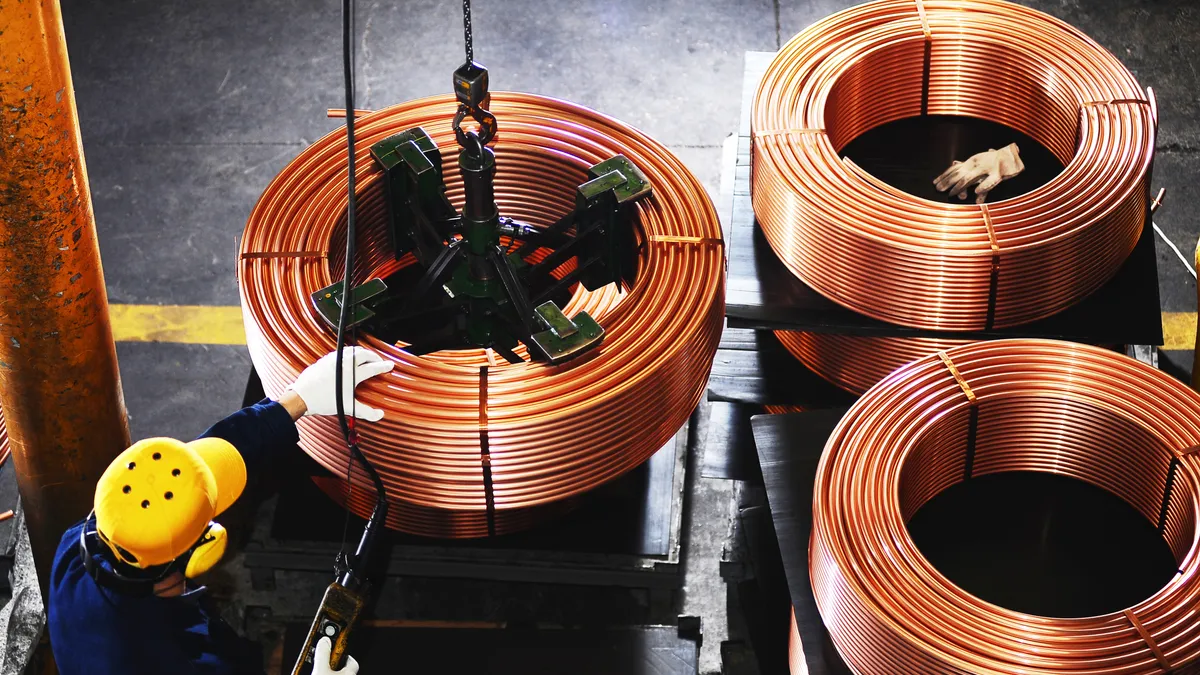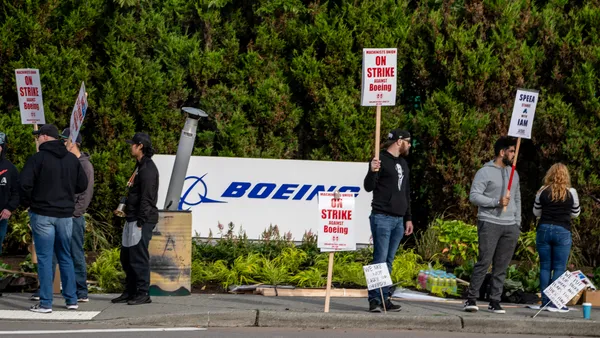Dive Brief:
- The U.S. Department of Energy will spend $72 million to expand a workforce training program that also helps small manufacturers reduce their energy use, according to a Dec. 6 release.
- Approximately $54 million in funding will go toward creating new Industrial Assessment Centers at community colleges, trade schools and union training programs. Another $18.75 million will help turn five of the highest performing existing IACs into regional hubs that will collaborate with the government and advise other centers.
- Under the IAC program, engineering school students around the country are sent to small- and medium-sized manufacturers and provide no-cost assessments of their facilities under the direction of a professor. IACs then follow up with recommendations on ways to improve productivity and generate energy savings.
Dive Insight:
The IAC was established in 1976 and currently has 37 schools in 28 states participating in the program. Since its launch, the program has assessed over 20,000 small- and medium-sized manufacturers and recommended how they can improve energy efficiency, reduce waste, and increase productivity through changes in processes and equipment.
IACs typically identify more than $130,000 in potential annual savings, according to the DOE. Energy Secretary Jennifer Granholm said the expansion of the program also creates new training opportunities as the country pursues a clean energy future.
"The president's agenda is allowing DOE to expand our collaboration with education centers across the country to train a clean energy workforce is diverse, qualified, and prepared to position America as a global leader in clean energy manufacturing," Granholm said in the press release.
The two programs will help push an initiative in President Joe Biden's executive order, Tackling the Climate Crisis at Home and Abroad, which would take on climate change globally while creating union jobs. That initiative is the Justice40 Initiative, which directs 40% of the overall benefits for certain federal investments to disadvantaged communities.
In a letter dated July 25 to Energy Department stakeholders, Granholm said the agency intends to implement the Justice40 Initiative throughout all its Bipartisan Infrastructure Law efforts and in its programs under the climate and clean energy categories.
"This is how we view energy justice," Granholm said in the letter. "Our deep commitment to its principles will help to ensure that underserved, overburdened, and frontline communities (disadvantaged communities or DACs) receive transformative benefits as we make investments that will transform our Nation’s energy infrastructure."











